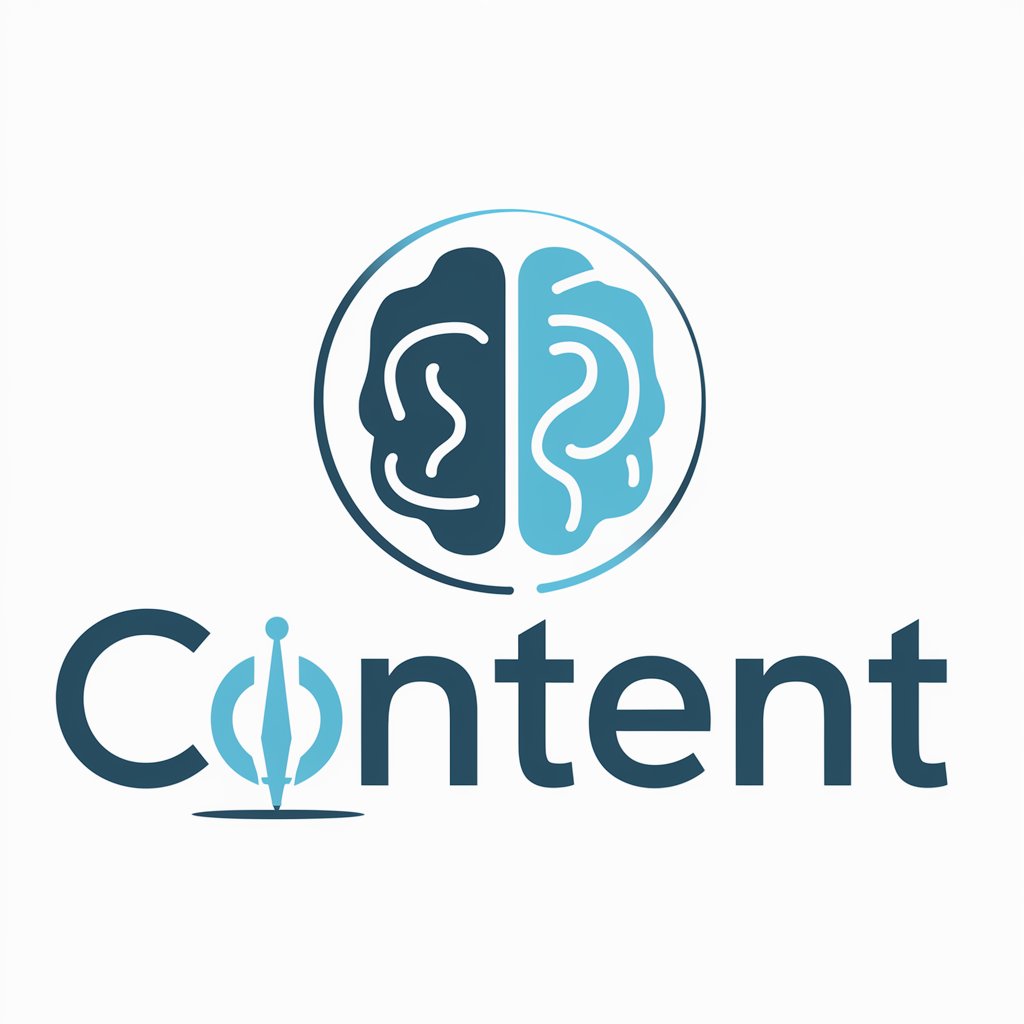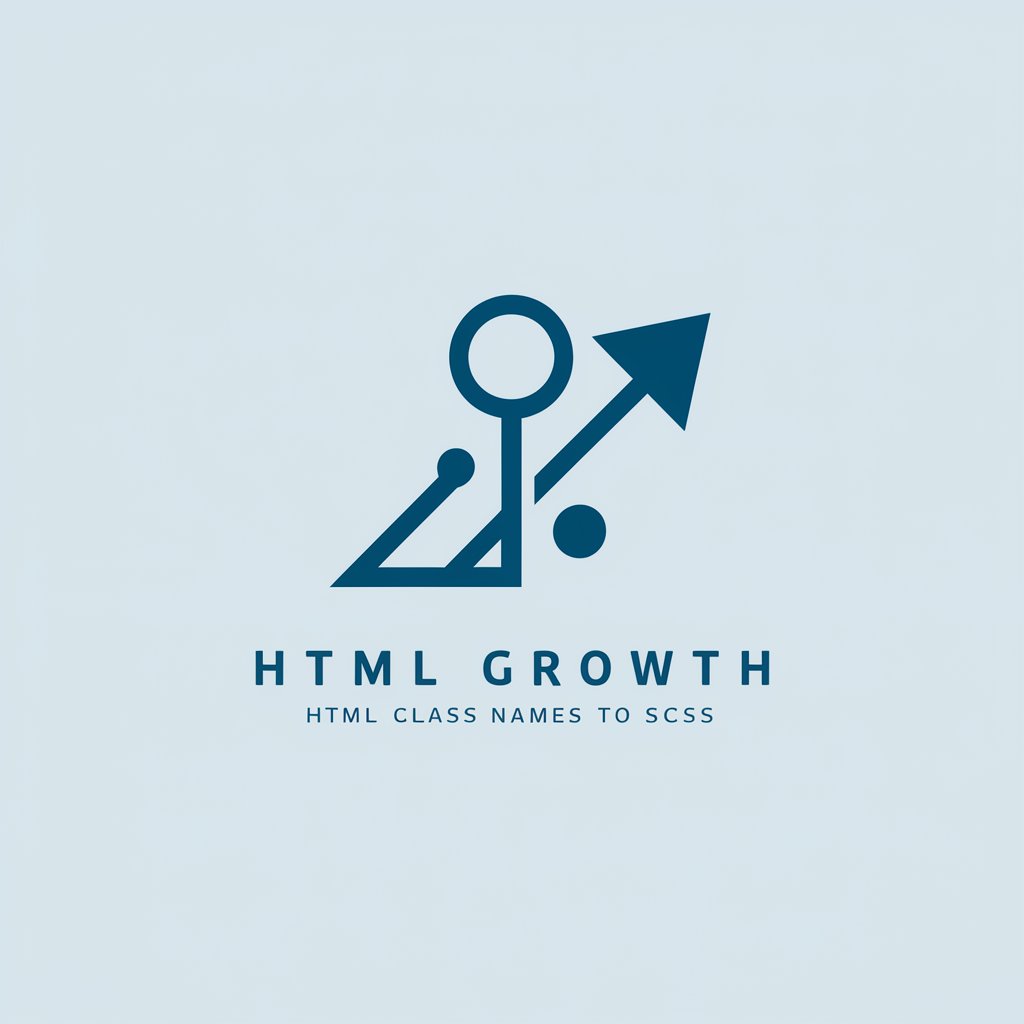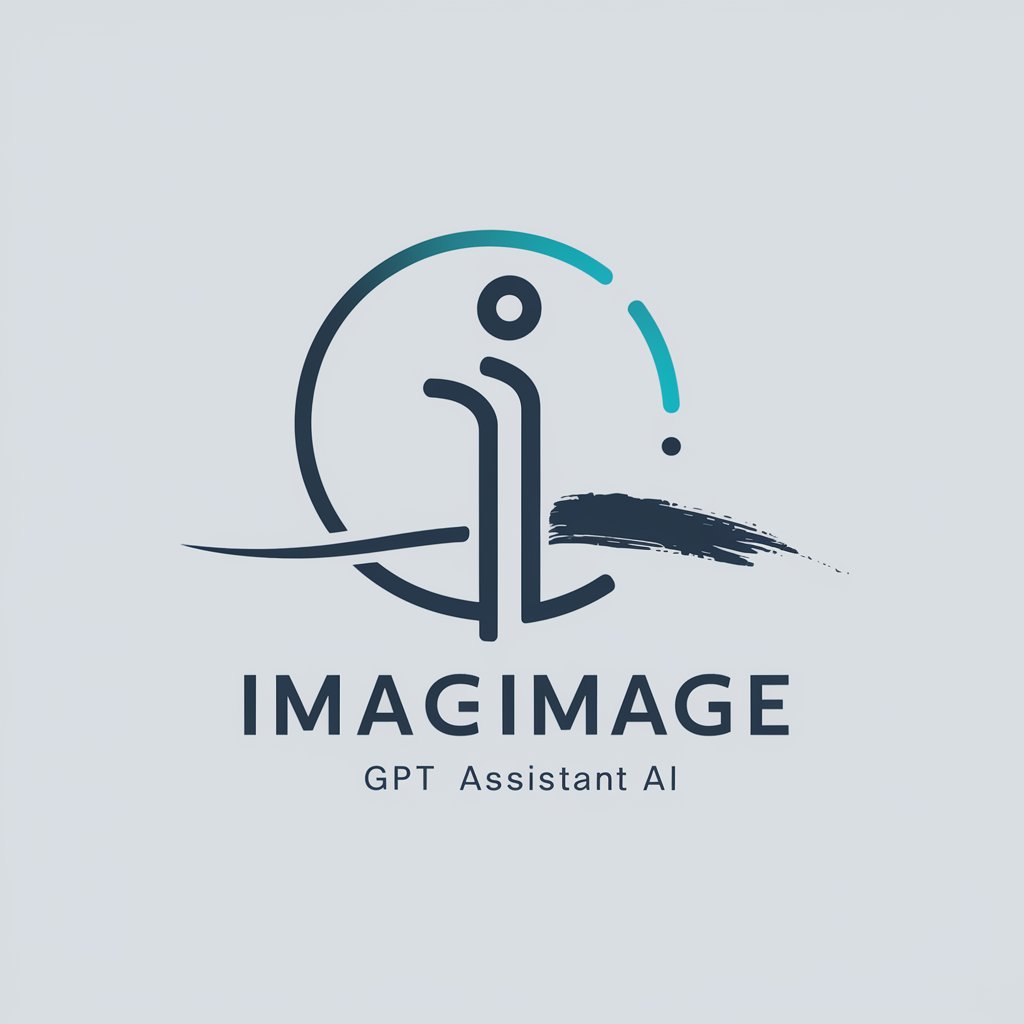SEO Blog - tool optimizes content for SEO.

Welcome to your ultimate SEO blog writing assistant!
Enhance your content with AI-driven SEO.
Write a blog post about the latest trends in SEO for 2024.
Explain the importance of keyword research in content creation.
Describe the benefits of using AI tools for SEO optimization.
Discuss how to improve website ranking through on-page SEO techniques.
Get Embed Code
Introduction to SEO Blog
SEO Blog is a specialized blogging tool designed to assist users in creating search engine optimized (SEO) content for their websites or blogs. Its primary function is to help users maximize their online visibility by improving their rankings in search engine results pages (SERPs). SEO Blog achieves this by providing tools and features that facilitate keyword research, content optimization, and performance tracking. For example, users can input target keywords, and SEO Blog will suggest related keywords with high search volumes and low competition. Additionally, it offers on-page optimization guidance, such as optimizing meta tags, headings, and content structure to enhance readability and SEO effectiveness. SEO Blog also provides analytics and reporting functionalities, allowing users to monitor their website's performance and make data-driven decisions to improve their SEO strategies. In essence, SEO Blog serves as a comprehensive platform for creating SEO-friendly content that attracts organic traffic and boosts website visibility. Powered by ChatGPT-4o。

Main Functions of SEO Blog
Keyword Research
Example
For instance, a user who owns a gardening blog can use SEO Blog to discover relevant keywords such as 'organic gardening tips,' 'flower planting techniques,' or 'vegetable garden maintenance.'
Scenario
A blogger wants to write an article about organic gardening but is unsure which keywords to target. By using SEO Blog's keyword research tool, they can identify high-traffic keywords related to organic gardening and incorporate them into their content strategy.
Content Optimization
Example
For example, if a user writes a blog post about 'best hiking trails in California,' SEO Blog can suggest optimizing the title, meta description, and headings with relevant keywords like 'California hiking trails' or 'top hiking spots in California.'
Scenario
A website owner wants to improve the visibility of their article on hiking trails in California. By utilizing SEO Blog's content optimization features, they can optimize their content for relevant keywords and enhance its SEO performance, leading to higher rankings in search engine results.
Performance Tracking
Example
For instance, if a user notices a sudden drop in organic traffic to their website, SEO Blog can help identify potential causes by analyzing key metrics such as keyword rankings, backlink profile, and site speed.
Scenario
A business owner wants to assess the effectiveness of their SEO efforts. With SEO Blog's performance tracking capabilities, they can monitor various SEO metrics over time and identify areas for improvement, such as targeting new keywords or optimizing website speed.
Ideal Users of SEO Blog
Bloggers and Content Creators
Bloggers and content creators who rely on organic traffic to drive visitors to their websites or blogs can benefit from SEO Blog. They can use the platform to research relevant keywords, optimize their content, and track performance metrics to improve their SEO strategies. By leveraging SEO Blog's tools and features, bloggers can increase their website's visibility in search engine results and attract more organic traffic, ultimately leading to higher engagement and conversions.
Digital Marketers and SEO Professionals
Digital marketers and SEO professionals responsible for managing the online presence of businesses or clients can utilize SEO Blog to enhance their SEO campaigns. They can leverage the platform to conduct comprehensive keyword research, optimize website content, and track performance metrics across multiple projects or campaigns. SEO Blog provides these professionals with actionable insights and data-driven recommendations to optimize their SEO strategies and deliver measurable results for their clients.
Small Business Owners
Small business owners seeking to improve their online visibility and attract more customers can leverage SEO Blog to enhance their digital marketing efforts. Whether they operate an e-commerce store, a local service business, or a niche website, small business owners can use SEO Blog to identify relevant keywords, optimize their website content, and track key performance indicators. By implementing effective SEO strategies with the help of SEO Blog, small business owners can increase their website traffic, generate leads, and grow their online presence.

How to Use SEO Blog
Visit yeschat.ai for a free trial without login, also no need for ChatGPT Plus.
Access SEO Blog feature from the menu.
Input your document, topic, or content into the provided text field.
Select the desired SEO optimization settings or let the tool suggest them.
Review the optimized content and make any necessary adjustments before finalizing.
Try other advanced and practical GPTs
Blog Writer
Crafting your thoughts with AI precision

Content Writer
Unlock AI-powered content creation.

Google ads Expert
Empower your Google Ads with AI insights.

Content
Empower Your Writing with AI

Deep Learning
Unleash the power of AI with Deep Learning.

HTML to FlocssSCSS
Transform HTML to SCSS with AI precision.

以图生图
Unlock Your Imagination with AI Artistry

文案3版
Unlock SEO Success with AI-Powered 文案3版

Translator
Unlock seamless multilingual communication with AI translation.

Image Generator
Enhance your blog with AI-generated imagery.

Chinese GPT
Empowering with AI-driven Chinese text generation.

Spotify Analyzer
Unlock the power of AI for Spotify insights.

SEO Blog Q&A
What is the purpose of SEO Blog?
SEO Blog is a feature designed to optimize blog posts, articles, or web content for search engine visibility and ranking.
How does SEO Blog help improve search engine ranking?
SEO Blog suggests relevant keywords, optimizes meta tags, and provides content recommendations to enhance visibility and ranking.
Can SEO Blog be used for other types of content besides blogs?
Yes, SEO Blog can optimize various types of content such as articles, website pages, product descriptions, and more.
Is SEO Blog suitable for beginners?
Yes, SEO Blog offers user-friendly features and guidance, making it suitable for beginners and experienced users alike.
Does SEO Blog provide real-time optimization suggestions?
Yes, SEO Blog offers real-time suggestions and feedback to help users optimize their content effectively.
